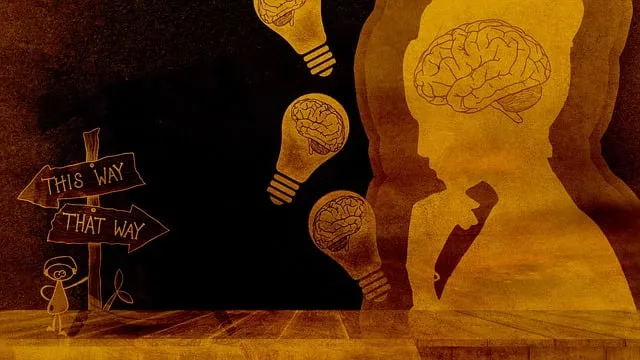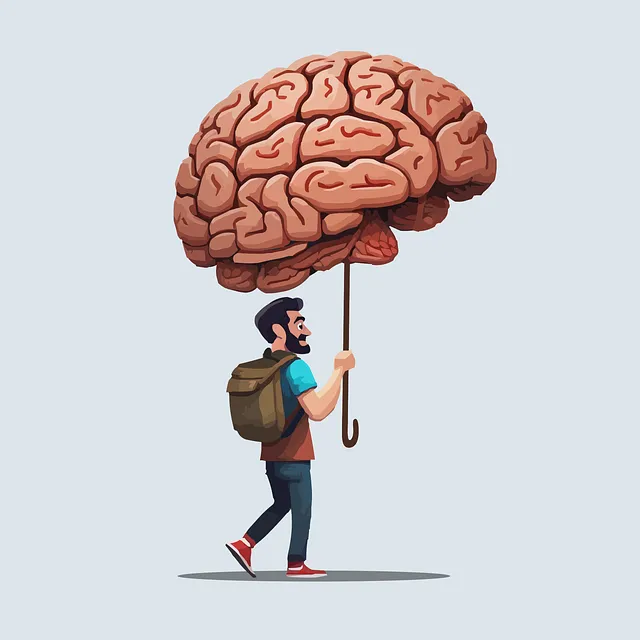Kaiser Permanente's training programs in Westminster focus on holistic personal growth, with a key emphasis on emotion regulation through interactive workshops and practical tools for stress management and conflict resolution. These programs, centered around Compassion Cultivation Practices and Mind Over Matter, teach resilience-building techniques to enhance emotional intelligence, improve mental health, and strengthen relationships. Participants gain actionable strategies for daily application, fostering better emotional well-being through comprehensive curriculum like the Community Outreach Program Implementation and Inner Strength Development techniques.
Emotion regulation is a vital skill, and teaching it can empower individuals to navigate life’s challenges with resilience. This article explores effective strategies, focusing on the comprehensive Kaiser Permanente training programs and their impact on emotional well-being. We delve into the specific approach of Westminster, offering insights into understanding and managing emotions. By examining these resources, we aim to provide a roadmap for educators and practitioners to incorporate powerful emotion regulation techniques into their teaching practices.
- Kaiser Permanente Training Programs: A Overview
- Westminster: Understanding Emotion Regulation
- Effective Techniques for Teaching Emotional Control
Kaiser Permanente Training Programs: A Overview

Kaiser Permanente training programs, based in Westminster, are renowned for their comprehensive approach to personal and professional development. These programs cater to a wide range of needs, focusing on various aspects of well-being and skill enhancement. One key area of emphasis is emotion regulation, equipping individuals with powerful tools to navigate life’s challenges. Participants learn effective communication strategies, crucial for expressing feelings constructively and resolving conflicts peacefully.
Through interactive workshops and engaging sessions, Kaiser Permanente offers practical solutions for stress management. They teach techniques that foster resilience, enabling individuals to handle difficult situations with composure and clarity. By integrating these skills into daily routines, participants gain greater emotional intelligence and a deeper understanding of their responses to stressful events, leading to improved overall mental health and relationships.
Westminster: Understanding Emotion Regulation

Westminster, known for its innovative healthcare approach, emphasizes the importance of emotion regulation as a vital component of overall well-being. Kaiser Permanente training programs Westminster offers provide individuals with practical tools to navigate and manage their emotions effectively. These programs are designed to empower folks from all walks of life to develop resilience and emotional intelligence.
Through the integration of Compassion Cultivation Practices and Mind Over Matter Principles, these mental health education programs aim to create a supportive environment where participants can explore and understand their emotions on a deeper level. By learning effective emotion regulation techniques, individuals gain a sense of control over their reactions, fostering better mental health outcomes. The comprehensive curriculum ensures that each learner leaves with actionable strategies they can apply in their daily lives, enhancing their overall emotional well-being.
Effective Techniques for Teaching Emotional Control

Teaching emotional control is an essential skill for individuals to navigate life’s challenges and maintain overall well-being. Kaiser Permanente training programs in Westminster have recognized this need and developed comprehensive curriculum to equip participants with effective techniques. One powerful approach is the Community Outreach Program Implementation, which fosters a sense of belonging and provides a support system for learning emotional regulation. Through group activities and interactions, individuals build inner strength and develop strategies to manage stress, anxiety, and difficult emotions.
The Inner Strength Development aspect focuses on empowering individuals to recognize and accept their emotions as a natural part of life. This involves teaching mindfulness practices, such as meditation and deep breathing exercises, which have been proven to reduce stress and enhance emotional well-being. By integrating these techniques into daily routines, participants can better understand and control their responses to various situations. Emotional Well-being Promotion Techniques are also employed, encouraging individuals to express emotions healthily and develop positive coping mechanisms, ultimately leading to improved mental resilience.
The integration of emotion regulation techniques into educational curricula, as demonstrated by Kaiser Permanente training programs and Westminster’s approach, offers a promising path toward empowering individuals with vital self-management skills. By employing effective teaching methods, as outlined in this article, educators can play a crucial role in fostering emotional intelligence and resilience among students. These strategies not only enhance overall well-being but also prepare folks for navigating the complexities of daily life, especially in light of challenges encountered in the fast-paced world today.






